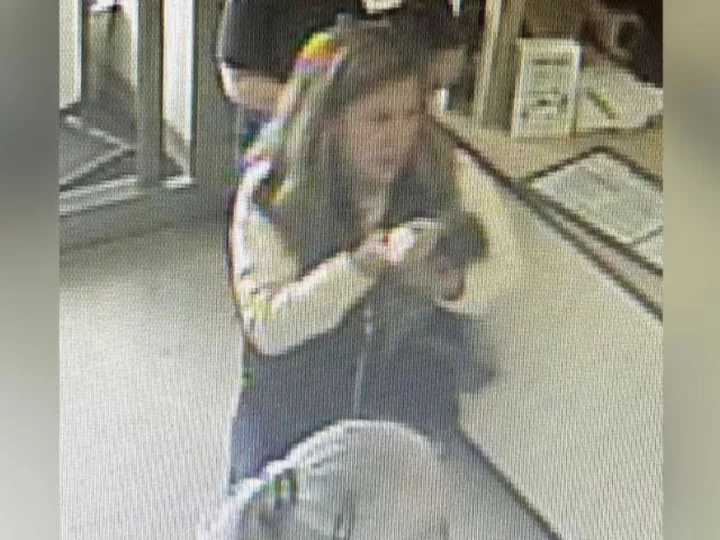A raccoon was euthanized and tested negative for rabies after it was brought to Maine a pet store for a nail trim, officials said, potentially exposing customers who kissed the animal to the dangerous virus.
A woman brought the young raccoon to the store in Auburn on Tuesday, the Maine Department of Inland Fisheries and Wildlife said in a post on Facebook.
Many different people handled the animal "and some even kissed it," the wildlife agency said.
The store manager asked the woman to leave and contacted wildlife officials and the Maine Center for Disease Control and Prevention, the post said.
It is illegal to possess wildlife in Maine, the state officials said, and raccoons are one of the most common carriers of rabies in the state.
"Rabies is spread through a rabid animal's saliva or neural tissue, and a person can be exposed when that saliva or neural tissue of a rabid animal comes in contact with a person through a bite or scratch, cut in the skin, or gets into the eyes, nose, or mouth," the wildlife department said.
The animal was eventually found and tested for rabies. It had to be euthanized because the test requires an examination of tissue samples from the brain.
The raccoon did not have rabies, officials said, but they reminded residents not to handle, feed or attempt to move a wild animal.
The rabies virus infects the central nervous system and almost always results in death if not treated.
The number of cases in humans in the US declined dramatically during the twentieth century, going from more than 100 cases a year in the early 1900s to only one or two cases annually since 1960, according to the US Centers for Disease Control and Prevention. The drop is due to increased pet vaccinations and animal control programs, the CDC said.









